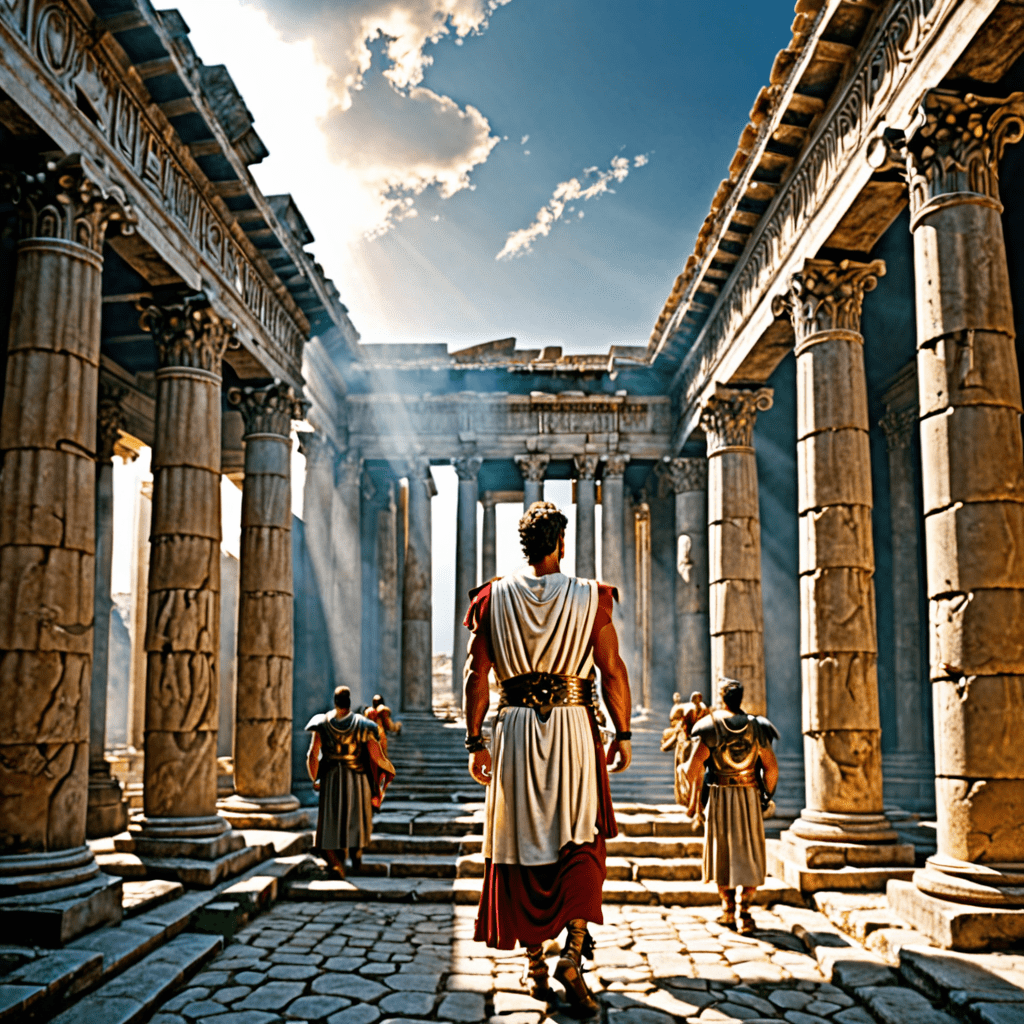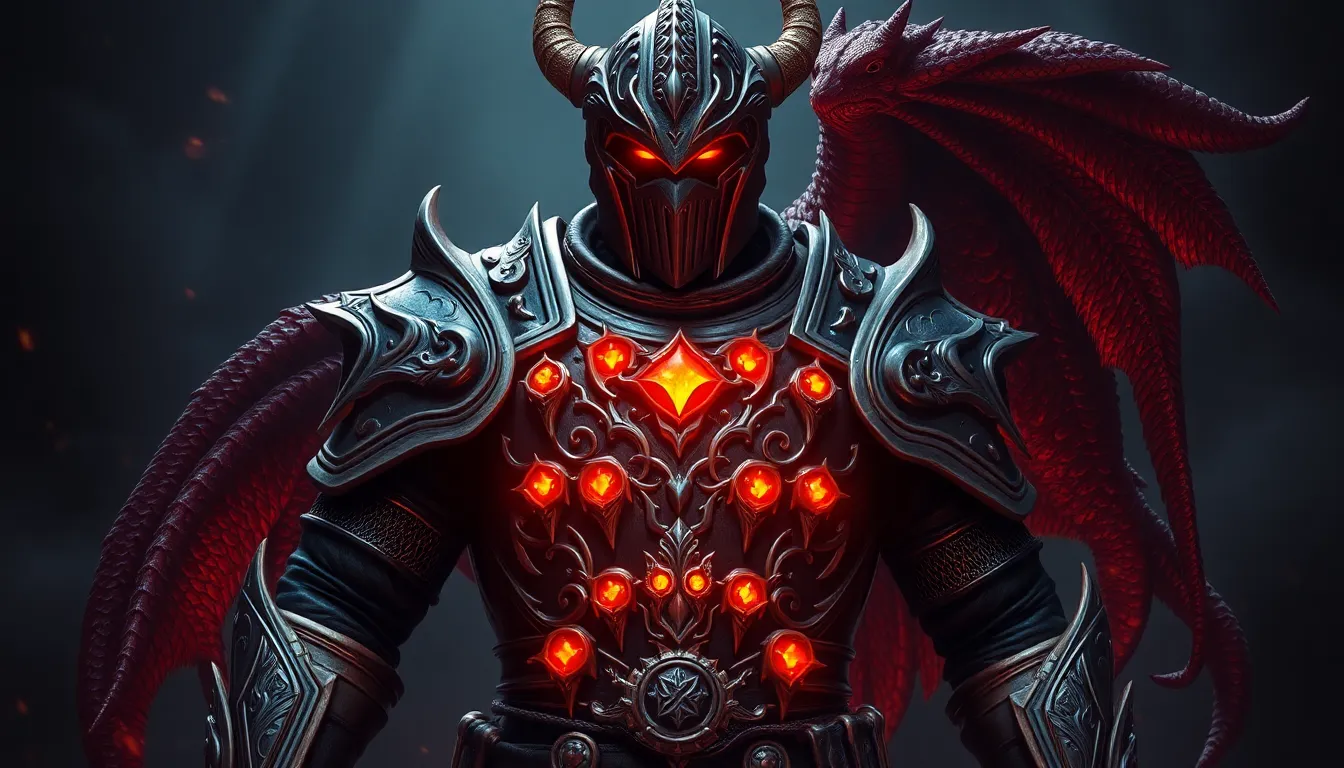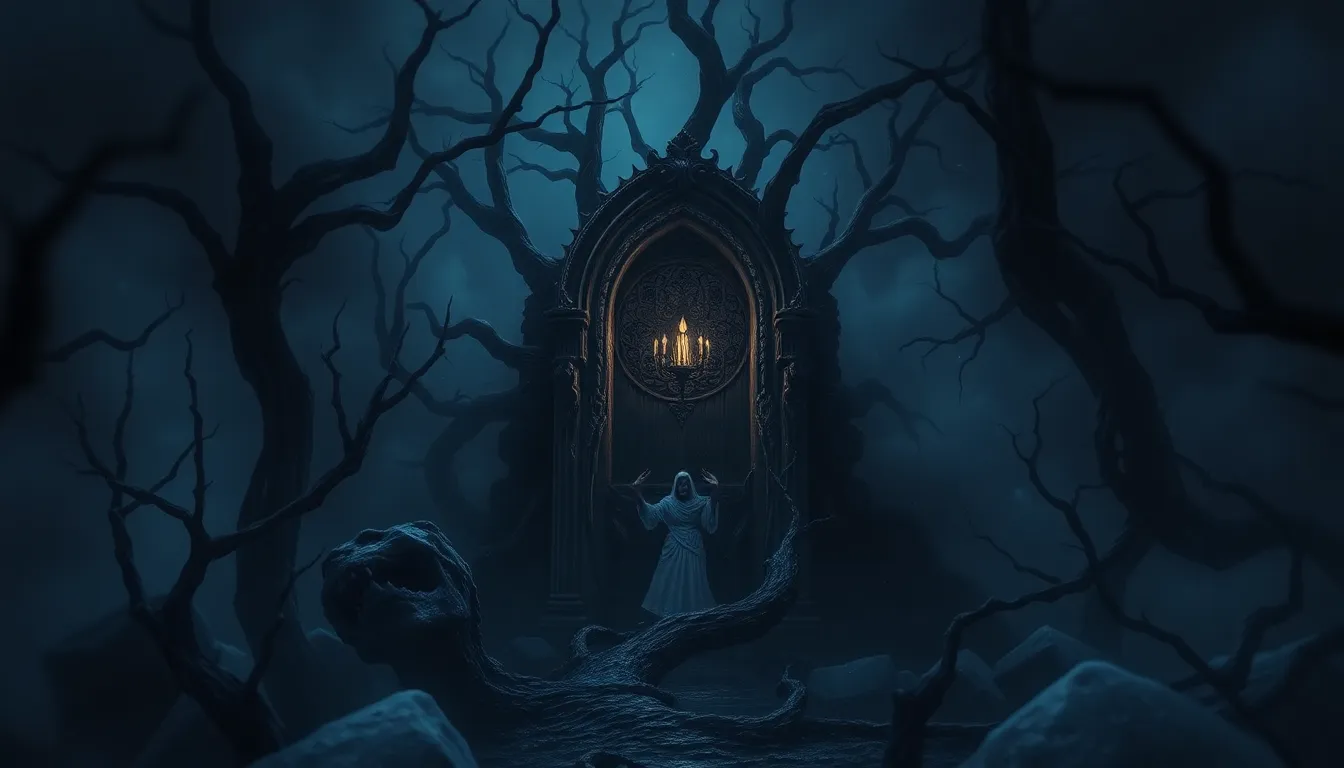The Role of Fate and Prophecy in Roman Mythological Stories
In Roman mythology, the concepts of fate and prophecy play significant roles in shaping the stories of gods, heroes, and mortals. Understanding how these elements influence the narratives adds depth and intrigue to the rich tapestry of Roman myths.
The Concept of Fate in Roman Mythology
Fate, or “Fatum” in Latin, was believed to be a pre-ordained outcome determined by the gods. The idea was that certain events and outcomes in the lives of individuals were set by divine forces beyond their control. This belief in fate permeated Roman mythology, where even the mightiest beings, like Jupiter and Juno, were subject to the threads woven by the Parcae, the Roman equivalent of the Moirai.
Prophecies in Roman Mythological Stories
Prophecies, often delivered by oracles or seers, played a crucial role in guiding the actions of characters in Roman myths. These prophetic messages foretold future events, offering insight into the fates of heroes and villains alike. One famous example is the prophecy surrounding the birth of Romulus and Remus, the legendary founders of Rome, which foretold their destiny to establish a great city.
Impact on Characters and Plot Development
The influence of fate and prophecy on Roman mythological stories is evident in the choices and decisions made by characters. Heroes often grappled with the dichotomy of fulfilling prophecies while attempting to change their fates. Some sought to defy or alter their destinies, leading to tragic consequences, while others embraced their predetermined paths with courage and acceptance.
Legacy and Cultural Significance
The enduring appeal of Roman mythology lies in its exploration of existential themes such as fate, free will, and the power of divine intervention. Stories of heroes navigating prophecies and grappling with destinies continue to captivate audiences, offering lessons on perseverance, identity, and the complex interplay between mortals and the divine in the ancient world.
FAQ about the Role of Fate and Prophecy in Roman Mythological Stories
What is the significance of Fate in Roman Mythology?
Fate, known as “fatum” in Latin, played a crucial role in Roman mythology as it symbolized the predetermined destiny of individuals, emphasizing the idea that certain events were inevitable and could not be altered. The concept of fate was often associated with the power of the gods, who controlled the destiny of mortals.
How did Prophecy influence Roman Mythological Stories?
Prophecy was a common theme in Roman mythology, where divine messages or visions foretold future events. Oracles, such as the Oracle of Delphi, were considered as channels through which the gods communicated prophecies. These prophecies often impacted the decisions and actions of characters in mythological stories, shaping the course of events.




